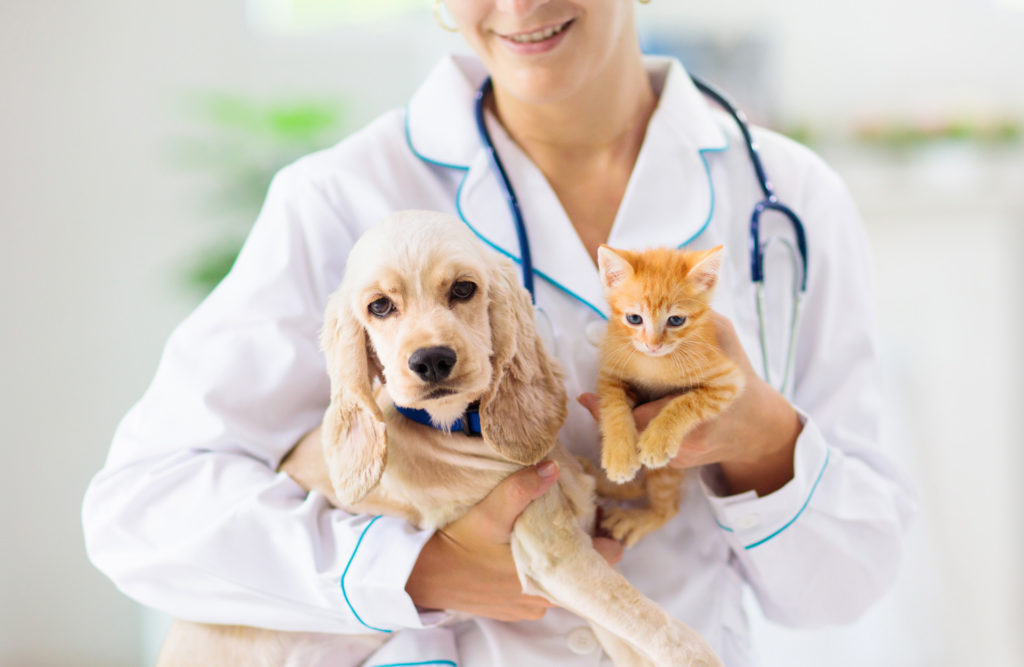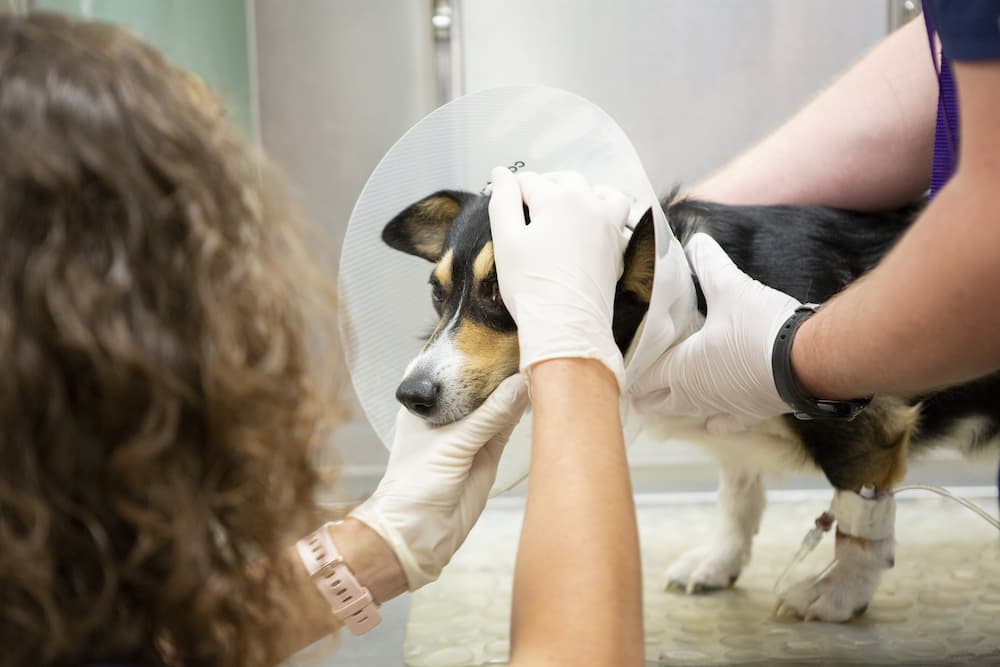Spaying or neutering your cat or dog is a significant step in ensuring their health and well-being while contributing to controlling the pet population. However, the care you provide after the procedure plays an essential role in their recovery. Post-surgery from a North Little Rock pet clinic, your furry friend needs a little extra attention to heal properly and get back to their happy, playful selves.
Here are five practical tips to help your pet recover smoothly after being spayed or neutered.
1. Monitor Their Recovery
One of the first and most important steps after surgery is to observe your pet closely during their recovery. Right after the procedure, your dog or cat might feel groggy from anesthesia, which is completely normal. So, make sure you’re available to supervise them for the first 24 hours.
Keep an eye out for signs of complications, such as excessive swelling, redness, or discharge from the incision site. While some mild bruising is normal, any significant bleeding or unusual behavior, like prolonged lethargy, vomiting, or loss of appetite, should be reported to your veterinarian immediately. You should also regularly check the incision site for progress and consult your vet if anything looks off.
2. Manage Their Activity Levels
Although your pet might want to jump back into their usual playful antics, it’s crucial to limit their activity during the recovery period. Running, jumping, or roughhousing can put a strain on the incision site, potentially causing it to reopen or become infected.
Create a calm, safe space for your pet where they can rest without being tempted to overexert themselves. For dogs, short leash walks for bathroom breaks are fine but avoid intense activities. For cats, restrict access to high shelves or furniture to prevent jumping. Your vet will provide specific advice on how long to keep their activity levels low, but typically, it’s about 10 to 14 days.
3. Focus on Proper Nutrition
Post-surgery, your pet’s appetite might be a little off for the first day, but it should return to normal soon after. Provide fresh water and a small, easily digestible meal when they’re ready to eat. Stick with their regular diet unless your veterinarian recommends otherwise. Avoid giving them extra treats or rich foods as a way to comfort them, as this can upset their stomach.
Keep in mind that spaying or neutering can affect your pet’s metabolism, making some pets more prone to weight gain over time. Talk to your veterinarian about tailored dietary recommendations to maintain your pet’s healthy weight without overfeeding.

4. Keep the Incision Site Clean and Dry
Protecting the surgical site is critical to prevent infection and ensure proper healing. Keep the area clean and dry, and avoid bathing your pet until your vet gives the green light. Cats and dogs are naturally curious and may attempt to lick or chew the incision site. To prevent this, use an Elizabethan collar (also known as the “cone of shame”) or a comfortable surgical recovery suit.
Check the incision site daily and follow any cleaning instructions provided by your vet. Refrain from applying ointments or creams unless specifically directed, as these can sometimes interfere with the healing process.
5. Provide Comfort and Attention
Surgery and recovery can be stressful for your pet, so providing extra comforts like a quiet resting area goes a long way. Allow them a cozy, soft bed in a low-traffic part of your home where they won’t be disturbed by loud noises, children, or other pets.
You can offer moral support through gentle affection and verbal reassurance. While they need rest, pets also appreciate knowing you’re nearby. Monitor their emotional well-being just as much as their physical condition, ensuring they feel safe and loved during recovery.
Conclusion
Recovery from spaying or neutering might sound daunting, but with the right care and attention, most cats and dogs bounce back quickly and happily! If you have any concerns during recovery, don’t hesitate to consult your veterinarian. Their guidance ensures your furry friend heals fully and gets back to enjoying their playful, healthy life.

